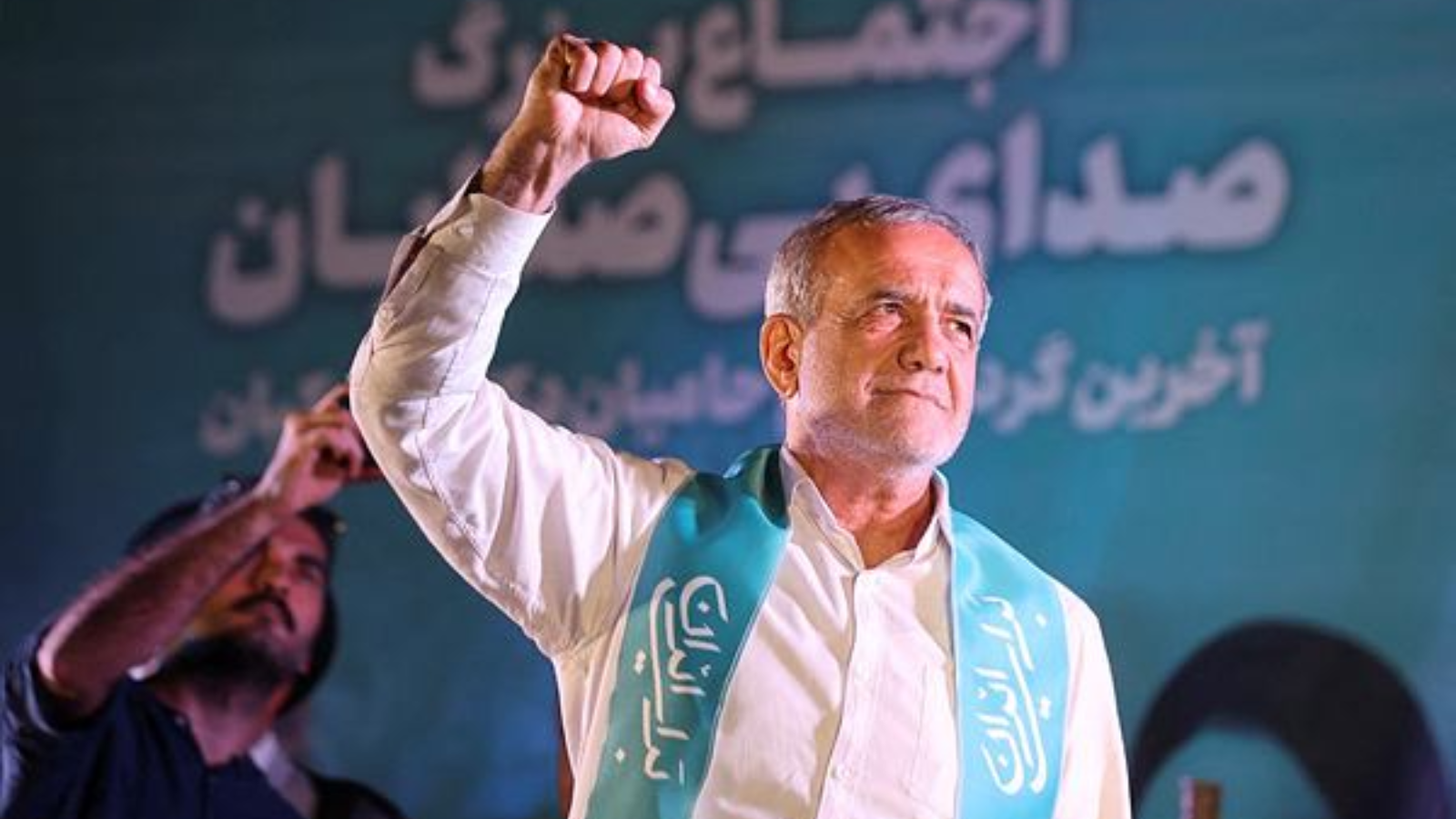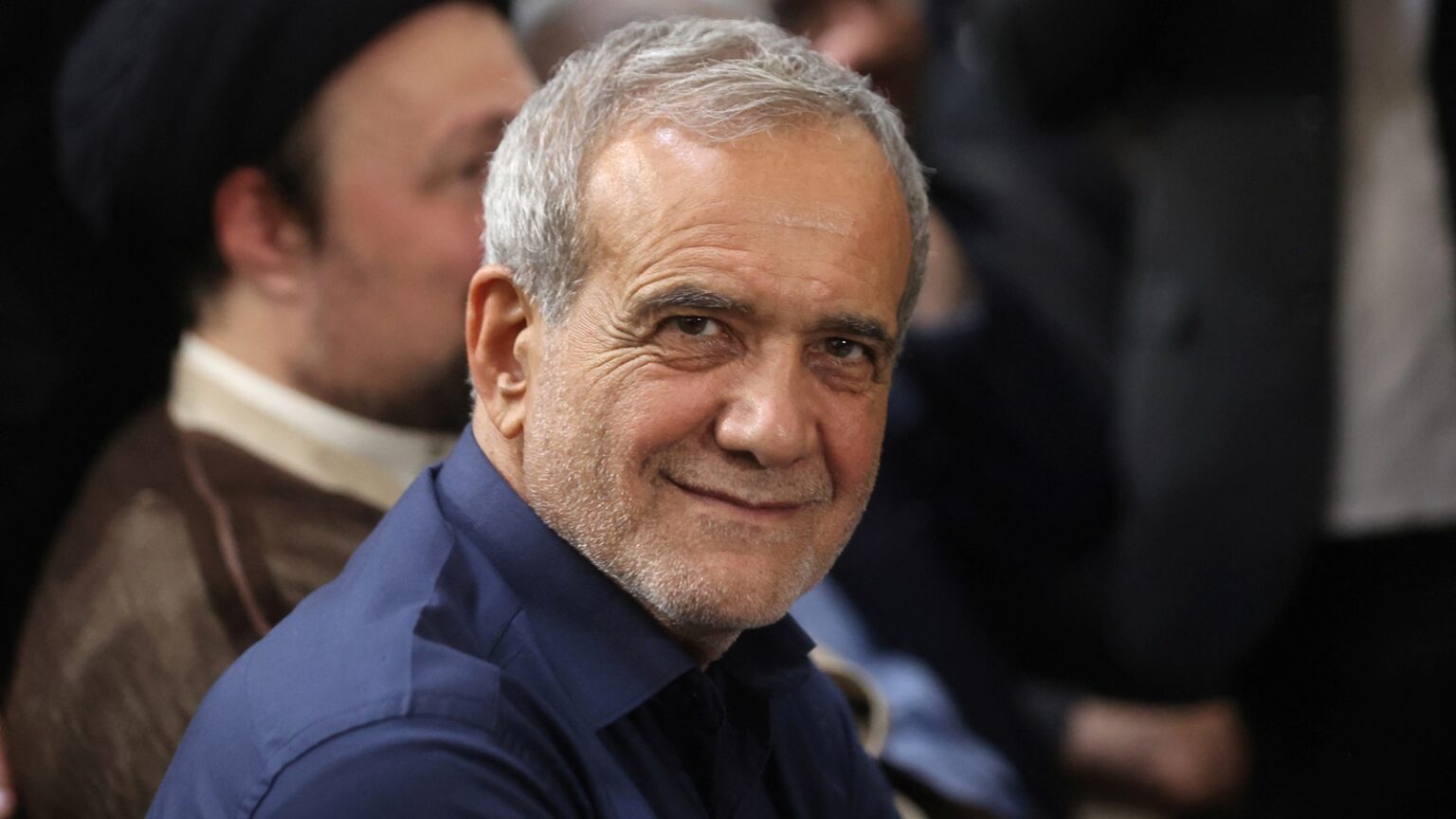Under the Iranian system, the President is overseen by the Ayatollah, Iran’s ultimate leader who is not elected, and his select group of Islamic clerics who make sure the government stays on the Shia theocratic path that it has chosen. During Iran’s five decades of clergy rule, conservatism has become deeply ingrained in the country’s political structure, judiciary, and bureaucracy.
However, as evidenced by the demonstrations that have been taking place for almost two years following Mahsa Amini’s death in detention in September 2022, Iranians’ tolerance is wearing thin. Years of economic hardship brought on by sanctions are exacerbated by limitations placed on citizens’ freedoms, ranging from what they can read to how they should dress. Women are particularly impacted. Since the severe hijab restriction was originally implemented during the 1979 revolution, it has served as a catalyst for protests and has come to represent everything that is wrong with Iran.

Source: The Indian Express
The election was called in response to the death in an aircraft crash in May of the outgoing president, the hardline Ebrahim Raisi, who oversaw the brutal suppression of the Amini protesters. Voters selected Pezeshkian over his conservative challenger Saeed Jalili over the course of two rounds of voting, as he successfully channelled the simmering public fury over the 21-year-old’s death after she was imprisoned by the morality police for not wearing her hijab as required.
Iran’s lowest turnout of 40% in the first round of polling, conducted against this backdrop of civil disobedience, indicates an all-time low in public engagement with politics.This was evident even when Raisi won in 2021 with 48% of the vote, which at the time was a record low turnout. On this occasion, Pezeshkian prevailed with 48% of the vote in the first round against 39% for Jalili. With a margin of almost 9 percentage points, Pezeshkian emerged victorious in the July 5 runoff between the two contenders, securing 53.6 percent of the vote to Jalili’s 44.3 percent. 50% of voters participated in the runoff, indicating increased excitement about the prospect of a reformist victory. This is also a message for Iran’s Ayatollahs.
Source: BBC News
Former MP Pezeshkian, who served as health minister from 1999 to 2007 before entering the presidential race, is no stranger to Iranian politics. He will be aware of the need to balance the expectations of the clergy and the general public, no matter how modest. Maybe the most freedom he enjoys is in economic policy. Voters began to warm toward him despite the hijab controversy, primarily due to his pledge to work with the US and the West to restart the nuclear talks that have been on hold and find methods to boost the Iranian economy. Pezeshkian has no affection for America.
Backed by the US-designated “terrorist” Islamic Revolutionary Guards Corp., an elite attack force in Iran, he has stated that the country needs to get $200 billion in international investment. However, none of his external geopolitical surroundings—the Gaza War, Iran’s proxies’ involvement in retaliating against Israel’s aggression, Teheran’s own closeness to Beijing and Moscow—nor his internal “supervisors” will make his responsibilities any simpler.
What do you think about this? Comment below.

